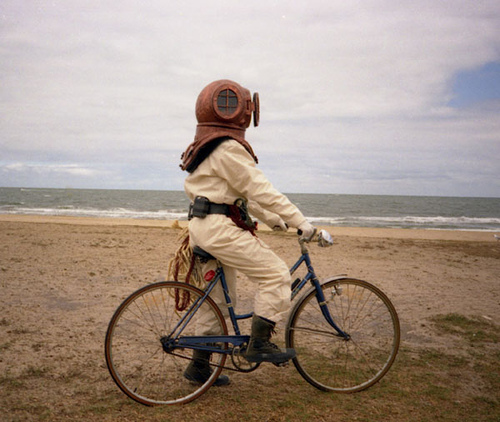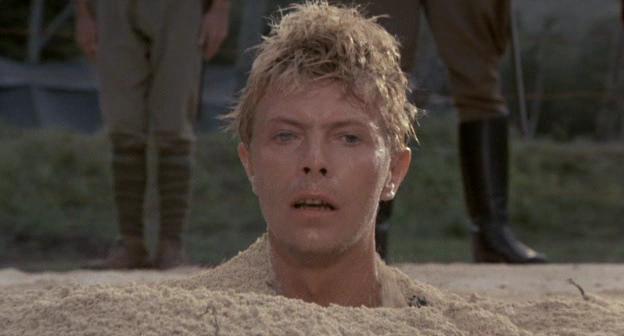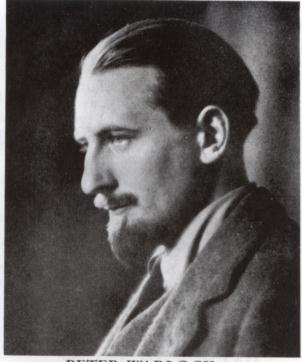In a comment on Knitting & Catastrophe, someone calling themselves “Who are you?” gets very prickly and accuses me of all sorts of perfidy. I am assuming this must be Dr Jonathan Faiers himself, familiar as he is with the contents of Dr Faiers’ email inbox.
I wrote to him, you see, to alert him to the fact that the film Sightseers is a splendid example of knitting and catastrophe in the cinema. And I wrote because I think “knitting and catastrophe in the cinema” is a brilliant, brilliant theme, for which Dr Faiers should be applauded. Alas, he ignored that praise, preferring to become enraged by my comments about the deadly horror of academic prose – all those “interrogations” – and heaped insult and invective upon me. Which rather goes to prove my point – he is clearly capable of writing vivid prose, so why must he couch his lecture in such clogged-up blather?
Anyway, I mention this as an excuse to direct your attention to a comment by David Thompson, which neatly summarises everything that is wrong with academic art talk, specifically “interrogations” (and “explorations”):
A while ago, I suggested a drinking game involving random art press releases. Every time you spot the word ‘explores’ or ‘interrogates’ you take a swig of tequila. Oblivion would beckon very quickly indeed. These words are all but obligatory – it’s a way to signal phony intellectual heft – and given the context, they’re usually meaningless. The particulars of this alleged mental activity – all this exploring and interrogating – never seem to be stated clearly, and no conclusions ever seem to be reached or announced to the public. But that’s because these words aren’t meant to refer to reality. You’ll see they’re used pretty much randomly. They’re just there to let the credulous punter know that the artist is supposed to be clever and therefore deserving of attention and taxpayer subsidy.





